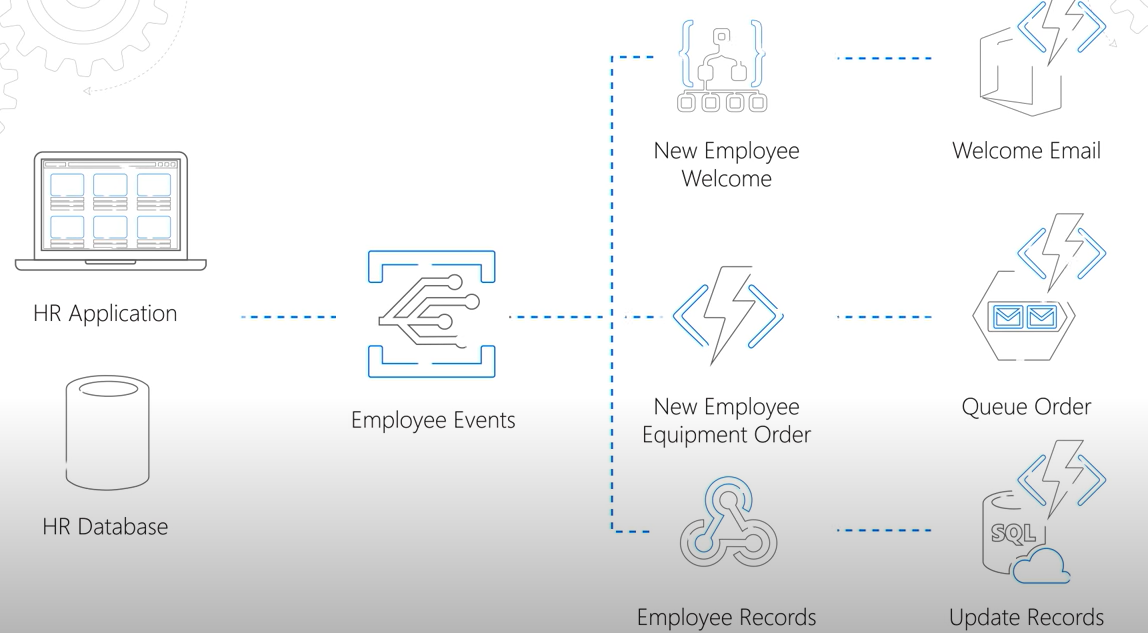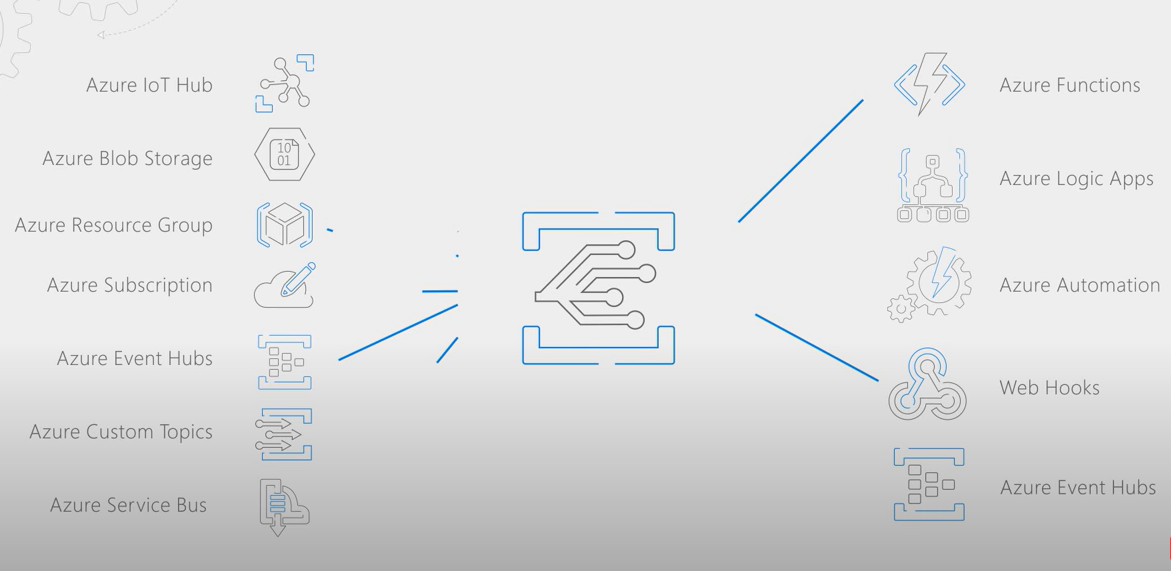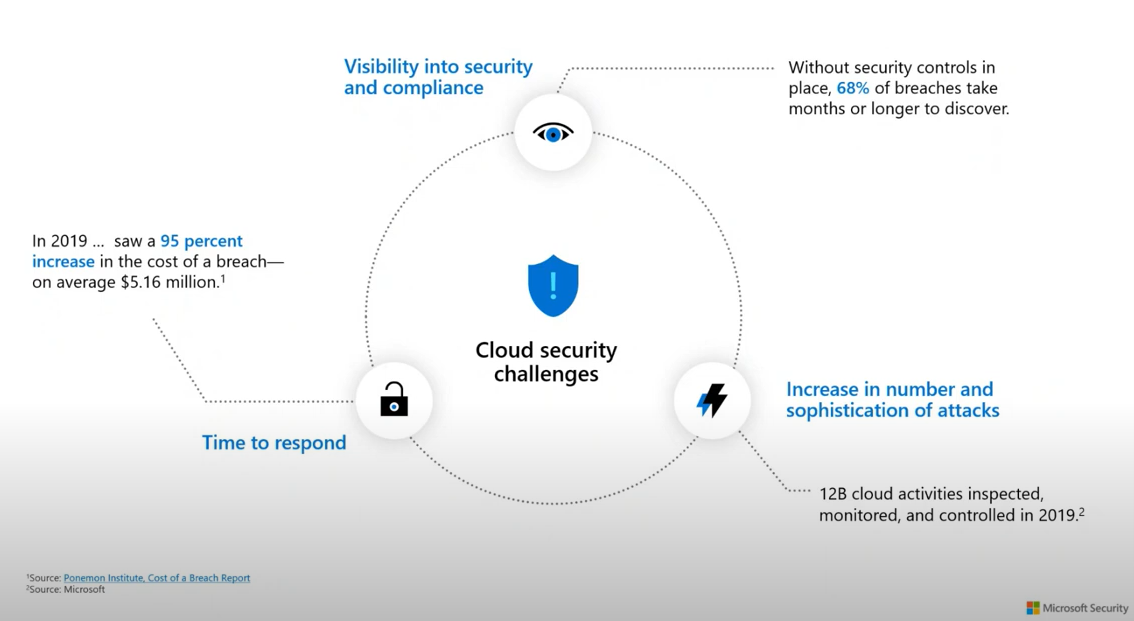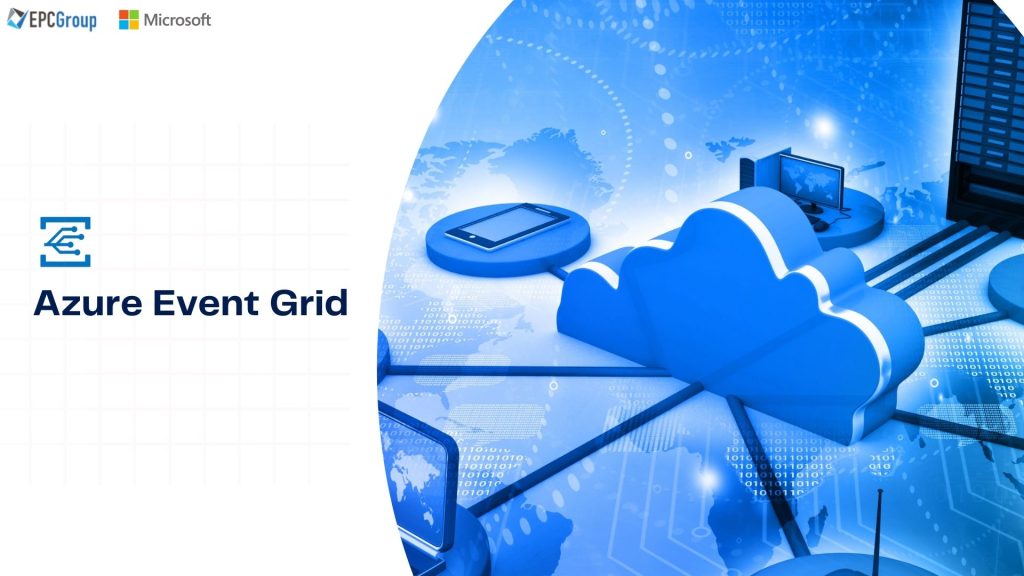Azure Event Grid is a fully functional event routing solution that runs on Azure Service Fabric. Event Grid distributes events from a variety of services, such as Azure Storage Blobs, to numerous handlers, such as Azure Functions. It was created to make it simple to create event-based and serverless apps on Azure. In this blog post, we will read about Azure Event grid pricing and features.
Almost all Azure services can be used as a publisher or subscriber in Azure Event Grid, which can then be consumed by third-party services. It specifies a scalable and elastic, low-cost communication system that allows publishers to inform subscribers of status changes.
How does Azure Event Grid, work for Organizations?

Any application that an organization produces can be connected to Azure Event Grid, and the events created by the application can be collected and published to various destinations. And the best part is that all of this can be done with very little or no coding at all.

Azure Event Grid Pricing And Features
The basic Pricing model:
Azure Event Grid Pricing Model:
Event Grid Basic tier
The Event Grid Basic tier is a pay-per-use service that charges you based on the number of operations you execute. Ingress of events to Domains or Topics, advanced matches, delivery attempts, and management calls are all examples of operations. A monthly free grant of 100,000 operations is included in the plan cost.
| Price per million operations | $0.60 |
| Free usage per month | 100,000 operations |
Azure Arc on Kubernetes Event Grid
Event Grid could also be run on Azure Arc-enabled clusters on-premises and in other clouds via Kubernetes. This functionality is accessible for free during the Trial period. Users who use Azure Kubernetes Service (AKS) will be responsible for controlling and operating their own node pools in addition to paying for the basic Kubernetes infrastructure.
- When a new image is uploaded, an Azure Function is linked to Blob Storage through Event Grid to manage it. In the blob storage container, 5 million images are generated, each one triggering the Function via Event Grid.
- You publish 5 million events to Event Grid in a month, each of which is posted to a unique https endpoint.
| Number of operations | |
| Published events1 | 5 million operations |
| Delivery attempts | 5 million operations |
| Monthly free grant | – 100,000 operations |
| Total operations Price per million operations | 9.9 million x $0.60 |
| Total monthly cost | $5.94 |
Event Grid pricing example 2
Via Event Hubs Capture, incoming logs to Event Hubs are delivered to storage. Event Grid sends five million log batch events to Logic Apps for analysis. All events are also sent to one of many custom-monitoring endpoints, depending on the type of event and, in some instances, the event’s origin. A million of these occurrences necessitate advanced matching. Due to disruptions at one of the endpoints, retries are required to transmit the events correctly.
- In a month, you post 5 million events to Event Grid.
- There are two https endpoints where all events are posted.
- Advanced matching is required for 1 million of the occurrences.
- One million occurrences necessitated two delivery tries.
| Number of operations | |
| Published events1 | 5 million operations |
| Delivery attempts | 11 million operations (1 million for second delivery attempt) |
| Advanced match | 1 million operations |
| Monthly free grant | – 100,000 operations |
| Total operations Price per million operations | 16.9 million x $0.60 |
| Total monthly cost | $10.14 |
Major Features of Azure Event Grid:

Cloud-based serverless application architectures
Data sources and event handlers are linked together by Event Grid. When a new picture is added to a blob storage container, users can leverage Event Grid to instantaneously activate a serverless function to do image analysis.
Automation in operations
Users can use Event Grid to ramp up automation and make policy compliance easier. When a virtual machine is constructed or a SQL Database is fully deployed, Event Grid can send a notification to Azure Automation. These events can then be used to verify compliance with service setups, add metadata to operational tools, tag virtual machines, and file work items automatically.
Integration of applications
Event Grid is a service that connects your app to certain other services. Users can create a topic to transmit their app’s event data to Event Grid and benefit from dependable delivery and intelligent routing on Azure and Kubernetes. Without programming language, users can leverage Event Grid with Azure Logic Apps to process data anywhere.
How is the Azure Event grid best suited for event-driven apps?
Streamline the delivery of events
Users can abolish polling, as well as the costs and delays that come with it. Event Grid uses a pub/sub format and flexible HTTP-based event distribution to detach event publishers from event subscribers, enabling users to develop scalable serverless apps, microservices, and distributed systems.
Create dependable cloud applications
Users can gain potentially huge scale while receiving near-real-time notifications for developments that interest them. Dynamic programming allows users to create stronger, more dependable applications by leveraging assured event delivery and the cloud’s high accessibility.
Concentrate on product development
Users can connect several potential sources and destinations of events to create broader application scenarios. Almost all Azure services, along with bespoke sources, can be used to activate business logic. Users can concentrate on improving business performance instead of worrying about infrastructure with thoroughly controlled event handling, delivery, adaptive filtering, and the option to send events to numerous receivers at once.
Simplify integration based on events
Integrate workloads in the cloud or Kubernetes with Event Grid’s event-driven frameworks. On Azure, users can administer Event Grid resources in the cloud or Kubernetes with a single control layer. To route events from Kubernetes to Azure destinations, hybrid architectures can be of use.
Event-driven integration made easier with Azure Event Grid:
It is a cloud service that delivers event-driven computing infrastructure. The Event Grid emphasizes “something happened” events or notifications. It isn’t intended for statements that suggest “something will happen.” Users can send messages, redirect them to endpoints, and receive them with custom code using the service. It allows for near-real-time delivery at scale.
Most Azure services transmit messages automatically over Event Grid, and many of them can consume messages straight out of the box. Event Grid also leverages the WebHook standard for conveying messages and allows publishing to secure web API endpoints. As a result, Event Grid can be used with any dialect or platform that can publish to a web endpoint and consume an HTTP payload.
Azure Event Grid
The “push model” is supported by Azure Event Grid. The user’s application would never have to “poll” or solicit for events. Rather, events are sent to an endpoint that you define right away. This implies that their code will be able to react to events as they occur. It can also save money in many circumstances since it eliminates the expense of polling on a regular basis and therefore triggers code only when it’s necessary to consume an event.
Security features

One of the most crucial characteristics of any resource is security. Subscribing to topics and posting topics in Azure Event Grid are both secure. Users must have sufficient rights on the resource or event grid subject before subscribing. They should have a SAS token or key verification for the topic when posting. It improves security in the three areas of concern.
Authentication: The process of authenticating and verifying a user’s identification is known as authentication. The user authentication implies that the Azure platform recognizes the user. There are only a few choices for allowing access.
- Using Azure Active Directory to secure the webhook endpoint.
- Using a Shared Access Signature or a key to authenticate users.
Authorization: To guarantee that the user has the necessary permissions to analyze the information, every request to a secure resource must be authorized. Authorizing a user can be conducted based on the following criteria:
- Roles that are built-in
- Roles that are custom
Network Security: Service labels for egress, IP Firewall regulations for ingress, and personal endpoints for ingress of events are some of the security capabilities offered under network security.
EPCGroup as your Azure Consulting Partner
Under the Azure Event Grid pricing model, integration is easier to construct an event-based publish/subscribe solution that spans several platforms. Event Grid is built for high reliability and durability, and it may help enterprises streamline event messaging by acting as a single integrated service that manages event routing from any reliable source to any number of subscribers. If you’re having trouble integrating Azure Event Grid Topics or need help with consulting, EPC Group can help. EPC Group will not let you down as a Microsoft Gold Certified Partner and an Industry Leader in Azure Consulting Services.
Conclusion:
In conclusion, Azure Event Grid Management is a major breakthrough for the organizations in the market since it addresses the demand for enterprise apps to publish/subscribe to messaging on a big scale and functions as a centralized event routing component in the effective approach.










